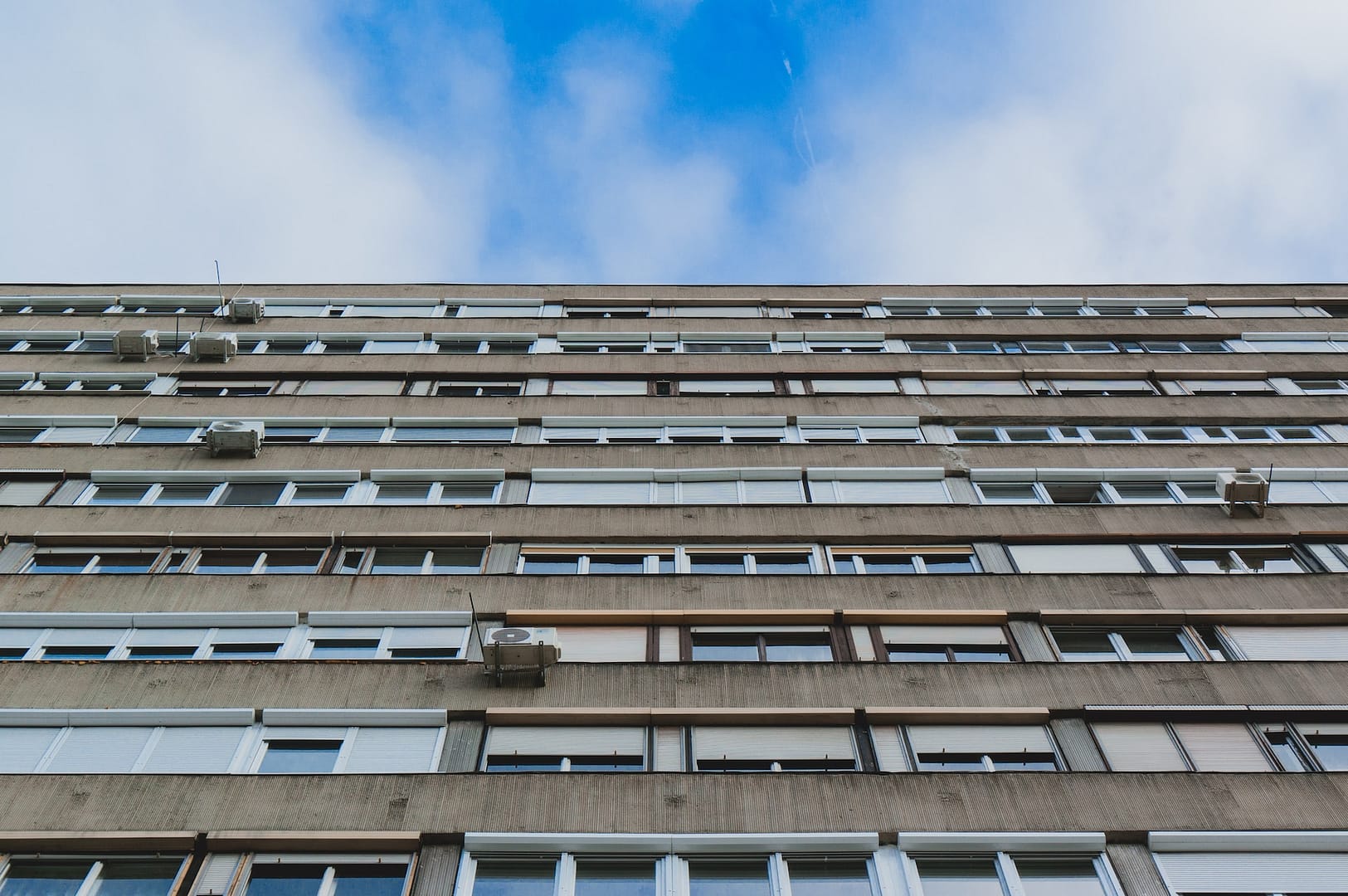The availability and quality of social housing in the UK is a complex and multifaceted issue that affects many people across the country. With rising levels of homelessness and a shortage of affordable housing options, the state of social housing in the UK is a topic that deserves closer examination.
Is there enough social housing in the UK?
The simple answer is no. According to recent estimates, there are around 1.2 million households on waiting lists for social housing in England alone. This means that there are not enough homes to go around, and many people are left without a secure and stable place to live.
What is the problem with social housing in the UK?
One of the main issues with social housing in the UK is the quality of the homes themselves. Many social housing properties are old and poorly maintained, with issues such as damp, mould, and pest infestations. This can have serious consequences for the health and wellbeing of residents, particularly vulnerable groups such as children, the elderly, and those with pre-existing health conditions.
What is the social housing trend in the UK?
In recent years, there has been a trend towards the privatisation of social housing in the UK. This means that more and more social housing properties are being sold off to private landlords or developers, often at a discounted rate. While this can provide a short-term boost to government finances, it can also have negative consequences for residents and for the wider community.
For example, when social housing properties are sold off, they are often no longer subject to the same regulations and standards as before. This can lead to a decline in the quality of the homes and the services provided to residents. It can also result in the loss of affordable housing options, particularly in areas where property prices are high.
In addition to this, the privatisation of social housing can lead to a lack of accountability and transparency. Private landlords and developers are often more concerned with making a profit than with providing high-quality homes and services to their tenants. This can result in issues such as poor maintenance, high rents, and unfair eviction practices.
Why is there a housing shortage in the UK?
There are several factors that have contributed to the housing shortage in the UK. One of the main reasons is the lack of new homes being built. According to recent estimates, the UK needs to build around 300,000 new homes each year just to keep up with demand. However, in recent years, the number of new homes being built has fallen far short of this target.
Another factor that has contributed to the housing shortage is the rise in house prices. In many parts of the country, house prices have risen faster than wages, making it increasingly difficult for people to afford to buy their own homes. This has led to more people renting, which in turn has put pressure on the rental market and on social housing.
In addition to this, there has been a lack of investment in social housing in recent years. This has meant that many social housing properties are in a state of disrepair, and are not fit for purpose. This has led to more people living in inadequate housing, and has put pressure on other parts of the housing market.
Social Housing Quality
The quality of social housing in the UK has been a source of concern for many years. Many social housing properties are old and poorly maintained, with issues such as damp, mould, and pest infestations. This can have serious consequences for the health and wellbeing of residents, particularly vulnerable groups such as children, the elderly, and those with pre-existing health conditions.
Ultimately, improving the quality of social housing is not just a matter of providing safe and secure homes for residents. It is also about creating communities that are vibrant, inclusive, and supportive, where people can live, work, and thrive. By working together and taking action, it is possible to create a brighter future for social housing in the UK.
Claim Compensation for Disrepair in Social Housing
If you are living in social housing that is in a state of disrepair, you may be entitled to claim compensation from your landlord. This could include compensation for things like damp, mould, faulty heating systems, and other issues that are affecting your health and wellbeing.
To claim compensation for disrepair in social housing, you will need to follow a specific process. This will typically involve reporting the issue to your landlord, giving them a reasonable amount of time to carry out repairs, and then making a formal complaint if they fail to do so. You may also need to provide evidence of the disrepair, such as photographs or witness statements.
It is worth noting that claiming compensation for disrepair in social housing can be a complex and challenging process. It can also be a lengthy process, and may require a significant amount of time and effort on your part. We at National Claims can help with this aspect of your claim and can walk you through the claims process to make it as smooth an experience for you as possible.
Note: You can only make a claim if you are currently living in social housing.

Conclusion
In conclusion, the housing shortage in the UK is a complex issue that requires a multifaceted approach. While there are no easy solutions, there are steps that can be taken to address the problem. These include building more new homes, investing in social housing, and regulating the private rental sector. By working together and taking action, it is possible to ensure that everyone in the UK has access to a safe, secure, and affordable place to live.
Contact us now at National Claims to begin your claim regarding housing disrepair.
Click below to see why we are one of the most trusted claims management companies in the UK.





